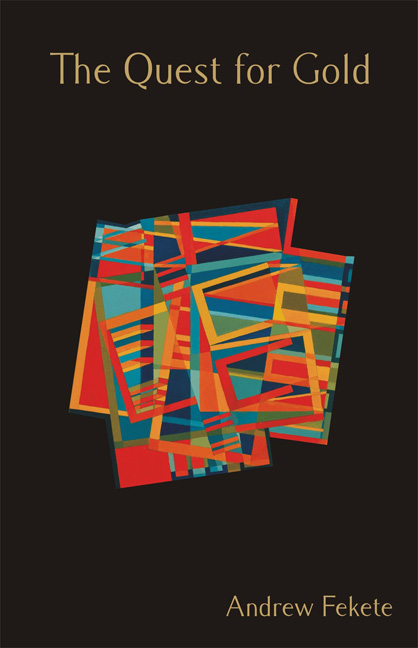Book contents
- Frontmatter
- Dedication
- Contents
- Preface
- The Voyage into Night
- 1 Ariel
- 2 The Serpent
- 3 The Hidden Continents
- 4 The Foundation
- 5 The Light of Darkness
- Selected diary entries for the period during the composition of The Quest for Gold
- Punishment for the Transgressors
- Symbols of Creation and Destruction
- Appendix Revised versions of two poems
- Platesection
Preface
- Frontmatter
- Dedication
- Contents
- Preface
- The Voyage into Night
- 1 Ariel
- 2 The Serpent
- 3 The Hidden Continents
- 4 The Foundation
- 5 The Light of Darkness
- Selected diary entries for the period during the composition of The Quest for Gold
- Punishment for the Transgressors
- Symbols of Creation and Destruction
- Appendix Revised versions of two poems
- Platesection
Summary
For people who lack visionary power, or whose visionary capacity is suppressed to the flicker of shadowy dreams, quickly forgotten, the ability of some subjects to see things is difficult to comprehend. Visions may also be dismissed as hallucinations of the mentally disturbed. So we push the visionary world into the background and devalue it. However, the power itself is well attested – William Blake, Emanuel Swedenborg and Elisabeth of Schönau are examples of those who decidedly had it. The attitude of ancient societies was very different from our own – for if the king dreamt of seven sleek and fat cows being eaten by seven ugly and gaunt ones, then it was of the utmost importance of find an interpreter who can tell the king what that dream meant.
Those who meditate know that visionary power emanates from the centre of consciousness known as the ‘third eye’ or pineal gland that is subjectively experienced as situated just behind the forehead, just above the eyebrows and in the middle. This centre is responsible for the generation of pure light that radiates in pulses throughout the crown of the head, and creates an illumination that can turn into vision. A slight experience of a pulse of waves of consciousness at that point is what most of us are aware of with regard to this gland. Extreme fatigue opens this chakra.
Andrew Fekete, of Hungarian extraction born in Britain, was a visionary and abstract expressionist artist who died in 1986, aged just 32. He led an exciting but emotionally turbulent life that was dedicated to art, being not only a painter but also poet and writer.
A practicing Jungian alchemist, Andrew Fekete painted in trances directly from dreams and intense visions. His landscapes explore an inner psychic realm that is populated with faces, forms and images, and express a heightened awareness of religious values.
This volume comprises writings by Andrew that tell the story of his personal voyage and communion with the ‘gods’. They take the form of essays, poems, diary entries and a novella, but whatever the form taken the reader should be aware from the outset that the material is autobiographical in nature, and that this is the prime source of its interest.
- Type
- Chapter
- Information
- The Quest for Gold , pp. ix - xviiiPublisher: Liverpool University PressPrint publication year: 2016



